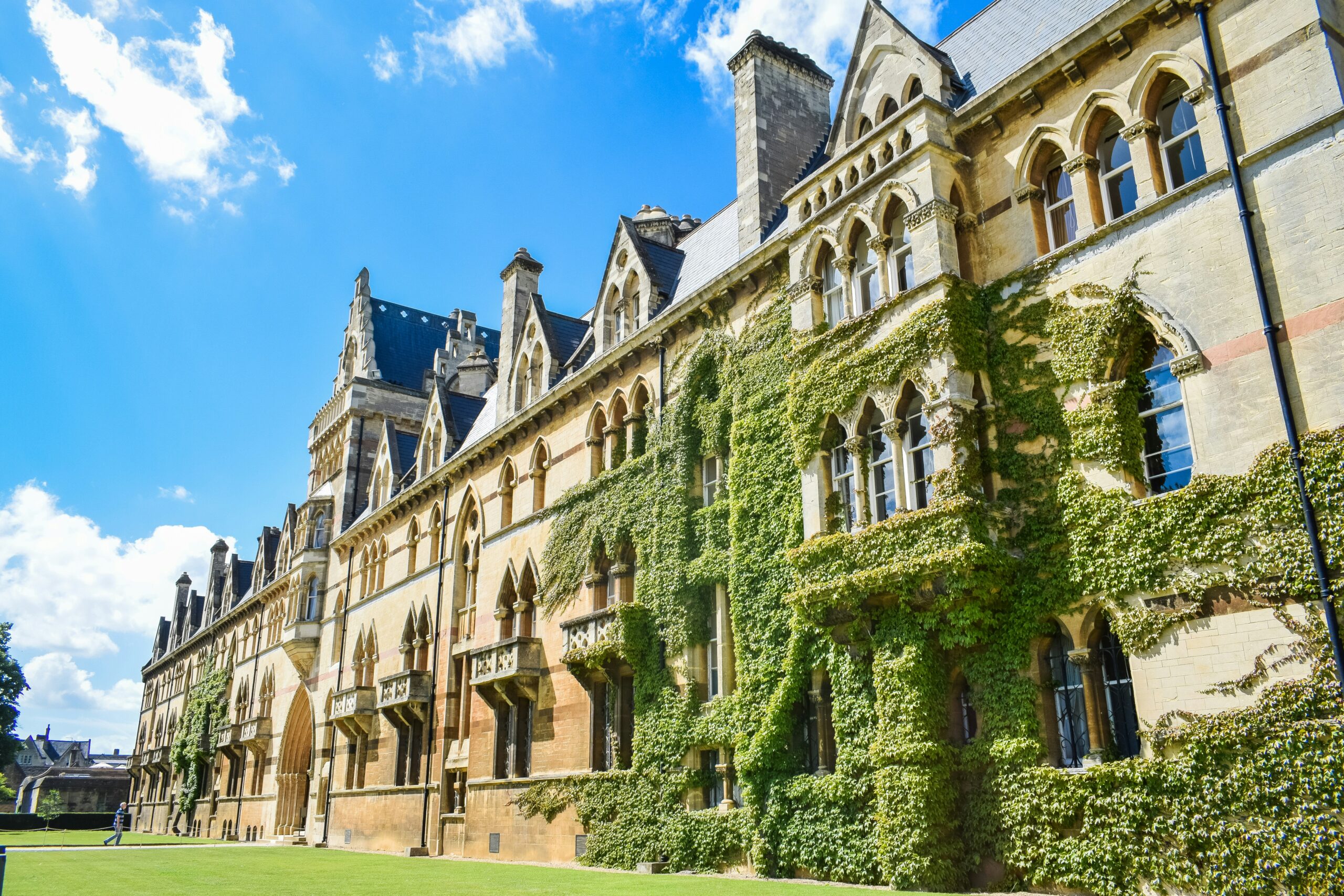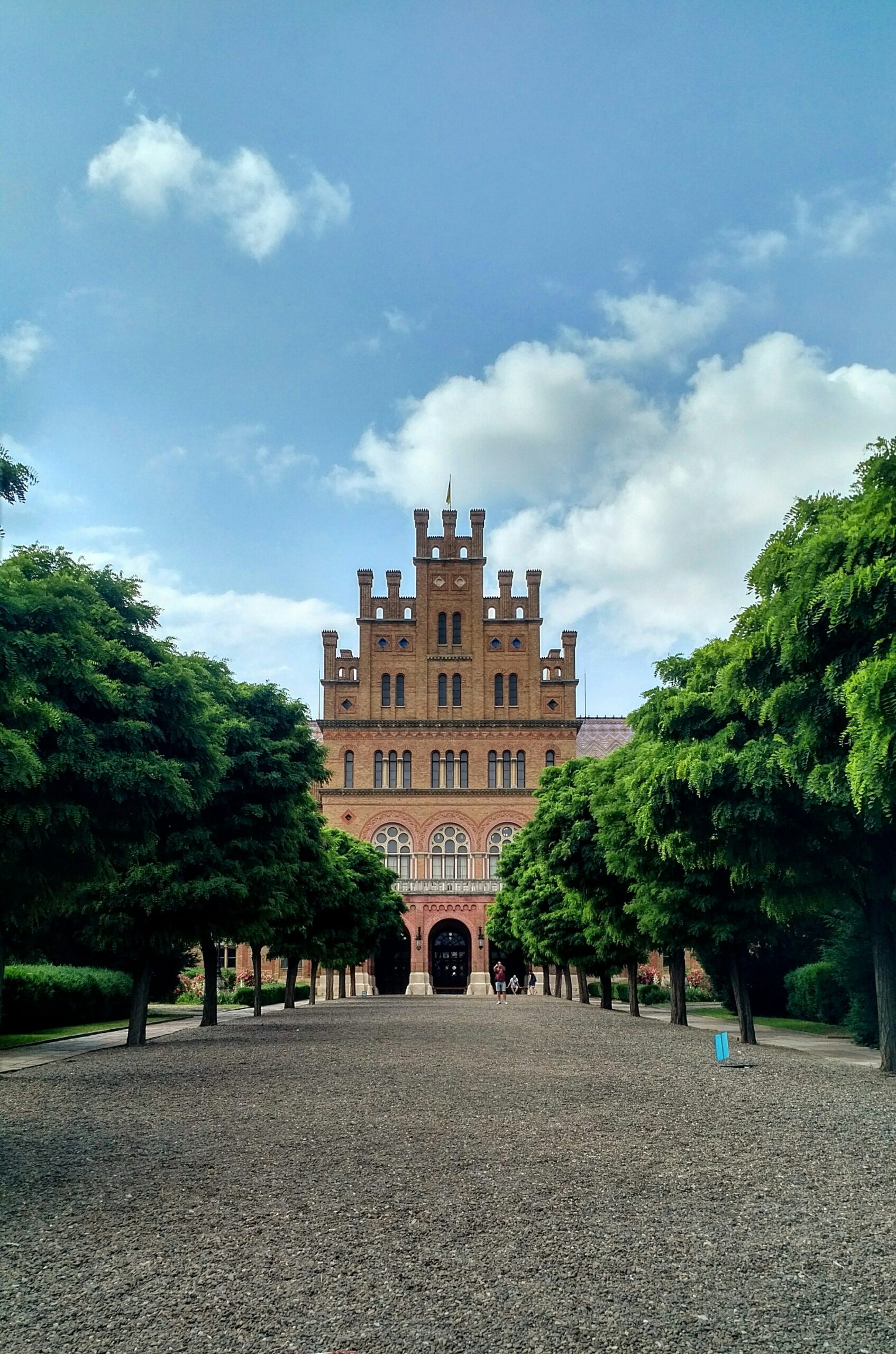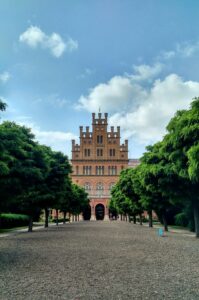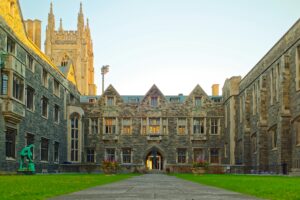University of Tasmania: Nurturing Minds, Enriching Communities
Nestled on the picturesque island of Tasmania, the University of Tasmania (UTAS) stands as a beacon of academic excellence, research innovation, and community engagement. Established in 1890, UTAS has grown from its humble beginnings as a small college into a globally recognized institution renowned for its commitment to education, research, and sustainability. This comprehensive article explores the rich history, academic achievements, research endeavors, campus life, and global impact of the University of Tasmania.
Origins and Evolution
The University of Tasmania traces its origins to the establishment of the Tasmanian College of Advanced Education in 1965, which later merged with several other institutions to form UTAS in 1981. However, UTAS’s history can be traced even further back to the mid-19th century with the foundation of the Hobart Town Mechanic’s Institute, which laid the groundwork for higher education in Tasmania. Named after its island home, UTAS has evolved into a comprehensive university with multiple campuses across Tasmania, each contributing uniquely to the university’s academic and cultural identity.
Academic Excellence
UTAS offers a diverse range of undergraduate, postgraduate, and research programs across various disciplines. From marine and Antarctic studies to health sciences, law, and humanities, UTAS’s academic offerings cater to a broad spectrum of interests and career aspirations. The university’s commitment to academic excellence is underscored by its strong rankings both nationally and internationally, making it a preferred destination for students seeking a high-quality education in Australia.

Research and Innovation
Central to UTAS’s mission is its dedication to research excellence and innovation. The university is home to several world-class research institutes and centers that focus on addressing global challenges and driving advancements in fields such as marine and Antarctic studies, environmental science, health innovation, and renewable energy. UTAS’s research endeavors are characterized by their interdisciplinary approach, collaborative partnerships with industry and government agencies, and a strong emphasis on translating research outcomes into real-world applications and solutions.
Global Engagement
UTAS embraces global perspectives and cultural diversity, with a strong commitment to internationalization and global engagement. The university’s campuses in Hobart, Launceston, and Burnie attract a diverse student body from around the world, fostering a dynamic exchange of ideas and experiences. UTAS’s global partnerships with universities, research institutions, and industry leaders enhance opportunities for collaborative research, student exchanges, and joint initiatives that address global challenges and opportunities.
Campus Life and Community
UTAS offers a vibrant and inclusive campus life characterized by its modern facilities, green spaces, and active student community. The campuses provide state-of-the-art learning environments, including specialized laboratories, libraries, and collaborative spaces designed to foster creativity and innovation. Beyond academics, UTAS promotes a rich cultural and social scene through student clubs, societies, cultural events, and sports activities, ensuring that students have opportunities for personal growth, leadership development, and community engagement.
Sustainability and Social Responsibility
As a responsible institution, UTAS integrates sustainability principles into its operations, curriculum, and research initiatives. The university has implemented sustainable practices in campus development, resource management, and research projects focused on environmental sustainability, climate change adaptation, and biodiversity conservation. UTAS’s commitment to sustainability extends to its community engagement efforts, promoting awareness, advocacy, and action on environmental and social issues through research, education, and partnerships.

Alumni Success and Impact
UTAS boasts a diverse and accomplished alumni network that spans industries, disciplines, and continents. Graduates of UTAS are recognized for their leadership, innovation, and contributions to their professions and communities. Many alumni have achieved success in fields such as marine science, education, business, government, and the arts, reflecting UTAS’s role in shaping future leaders and influencers. The achievements of UTAS alumni underscore the university’s impact on society and its ongoing commitment to excellence and community engagement.
Vision for the Future
Looking ahead, the University of Tasmania remains committed to advancing knowledge, fostering innovation, and preparing students to tackle global challenges and opportunities. The university’s strategic priorities include expanding research capabilities, enhancing industry partnerships, and promoting interdisciplinary collaboration to address complex societal issues. With a legacy built on excellence, inclusivity, and community engagement, UTAS is poised to continue making a significant impact on education, research, and society, both locally in Tasmania and globally.
In conclusion, the University of Tasmania stands as a testament to the transformative power of education, research, and community engagement. From its origins as a pioneering institution in Tasmania to its current status as a globally recognized university, UTAS has consistently embraced innovation, diversity, and sustainability in its pursuit of academic excellence and societal impact. As it embarks on its next chapter, UTAS remains dedicated to nurturing minds, enriching communities, and making a positive difference in the world.














Post Comment